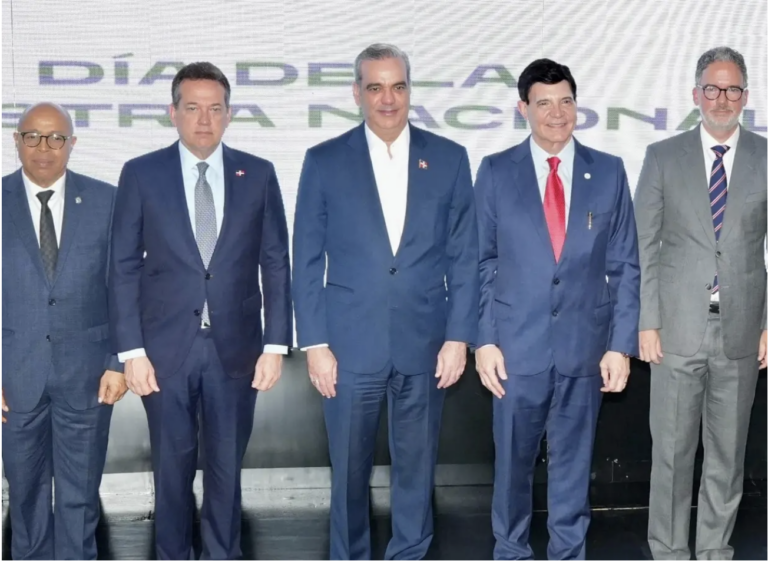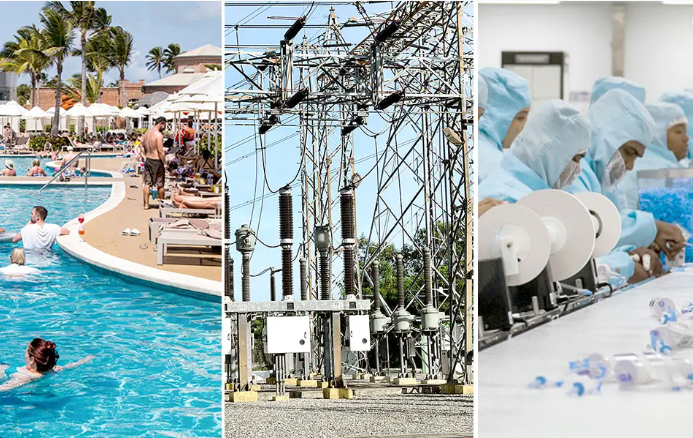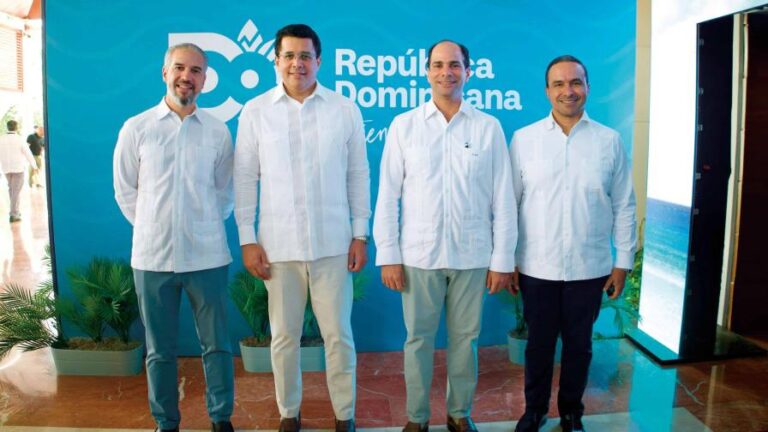The Governor of the Central Bank, Héctor Valdez Albizu, said that by the end of 2021 it is estimated that foreign direct investment will reach close to US$2,925 million, with which the current account deficit would be covered twice.
During a meeting with a delegation from the French Embassy in the country, the official assured that the economy will grow this year between 7% and 8%, above the level previously calculated by the country’s authorities.
Likewise, he highlighted that remittances and free zones grew 130.6% and 108.1% as of April, respectively; while international reserves reached more than US$12,400 million recently, equivalent to 7.5 months of imports and 14.1% of the Gross Domestic Product (GDP).
The diplomatic and commercial mission was headed by the French ambassador, Eric Fournier, with whom the governor spoke about the behavior of the Dominican economy during the pandemic and the recovery process envisaged by the monetary and fiscal measures implemented.
At the same time, the meeting laid the foundations for greater collaboration between France and the Dominican Republic in the future, taking into account the favorable conditions that the Dominican Republic offers to foreign direct investment, according to a press release sent by the Bank. Central.
Valdez Albizu pointed out to the French delegation that “the Dominican Republic is the place where your investments can be based with security and positive prospects, given the solid foundations on which the economy of our country is based,” according to the press release.
The governor recalled that to face the effects of the pandemic, the Central Bank launched the largest liquidity provision program in the region, amounting to RD$215,000 million, approximately 5% of GDP, through different instruments such as repurchase agreements, reduction of legal reserve requirements and the creation of the rapid liquidity facility (FLR).
He indicated that RD$195,814.4 million have been channeled through financial intermediaries to companies and households, through about 90,000 new loans, refinancing and debt restructuring, with which they have benefited mainly the commerce and MSMEs, households, manufacturing sectors. , construction and export. He explained that this has made monetary conditions more flexible.
Regarding the annualized inflation of 10.48%, the governor said that it is due to external factors mainly associated with the impact on domestic prices of the rise in the prices of raw materials in foreign markets and that there are no monetary or fiscal reasons in the country to explain this phenomenon.
Source:
Diario Libre




